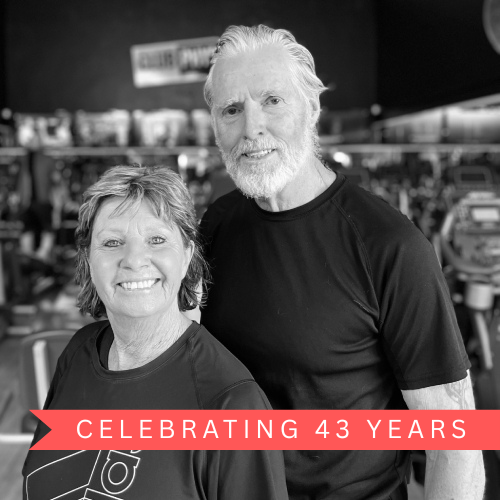Which is healthier, an apple or a pork chop?
Year’s back I had a partner – Mara, who consulted to numerous Aucklanders, selling them on the benefits of the high-fat, low carb diet. The aim of most was predominantly ‘weight loss’. And there is no argument that weight-loss can be achieved with this regime.
My well-meaning partner based her original ideas on the best-selling book at the time, ‘Dr Aitkins Diet Revolution’. She backed this up with her own research on a number of studies.
Certainly I’ve listened to a number of members who have been excited to share their weight-loss achieved on this diet, where it is believed that the high-fat content, from foods like bacon and high-fat meat, will provide nutritional satisfaction along with energy, while simultaneously burning fat. This was proven by Mara who would supply a ketone urine test strip. The client would dip this into the toilet to test if ketones were being burned. The ketone is a molecule that shows fat burned when no carbohydrate is available for energy production.
Years later, when attending a huge IHRSA health-club convention in Los Angles, I listened to a key-note speaker weigh-up his years of study on the high-carb vs low carb vs high-fat/ low fat debate. His audience that day consisted of over 5,000 gym-owners, managers and personal trainers from around the globe.
As a result of the studies the speaker recommended, that while the high-fat/low-carb diet may get good initial results, in the long run, from a ‘health’ perspective, high-carb/low fat will be better for you.
In endorsing the high-carb the speaker clarified that this meant keeping foods as natural as possible. He did not endorse highly processed ‘junk-food’ carbs. He recommended plenty of vegetables, fruits and grains with a smaller amount of fat, needed of course for your bodies nervous system. High-carb diets tend to be higher in vitamins, minerals and antioxidants, to support your overall health and wellbeing.
With your own eating plan its recommended that you avoid ‘diets’ (severely restricting your calories) and instead consume regular meals, based on nutritious foods, while avoiding the highly process options.
If you feel ‘satisfied’ you are more likely to be able to maintain this, long term.
This week’s newsletter can be found here









